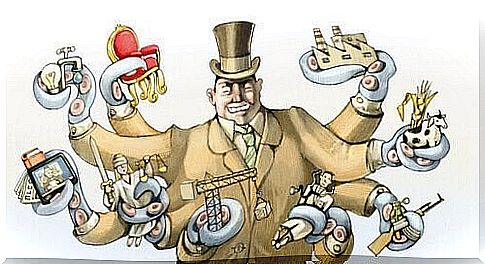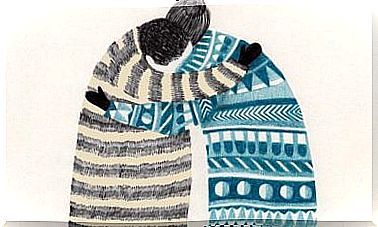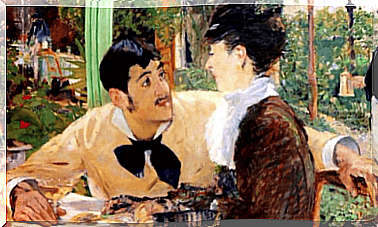Why We Spend More Money Than We Have

We use money to acquire goods. However, there are also many emotions involved. In fact, getting rich is the main goal of a lot of people so they can buy whatever they want. However, this can also cause some people to spend more money than they actually have.
It may be a little sad to admit, but for some people buying things serves to hide or compensate for other lack.
Today’s economy benefits if we put ourselves in debt. The economy encourages us to spend more money than we earn by making it easier to buy things. The economy succeeds in this because the people behind it know that everyone has their baggage.
Through advertising and marketing, they do everything they can to make us believe that consuming can solve our problems. Of course they do not do this openly, but by means of subtle hints and suggestions.

Spending money to hide other lack
People who tend to spend a lot of money (sometimes even more money than they have) usually do so because something is missing from their life. Then they go shopping because it makes them feel ‘better’. In general, however, this is because shopping subconsciously feeds a sense of power and control.
Stores are always there for you and you supposedly decide what you do and don’t want to buy. The customer is king and is therefore always treated in the right way.
Being in debt can also serve as a mechanism for coping with discomfort in life. It is even possible that owing money and falling into the trap of loans helps to hide unresolved grief and fear.
It’s easier for us to think we can’t sleep at night because we owe money than to think we can’t sleep because of our true feelings. It’s also easier to pay attention to our bank accounts and get things in order than to accept and address our dissatisfaction.
Manipulation causes people to spend more money than they have
There are two psychological realities that make it easy to manipulate consumers: fear and guilt. The persuasive mechanisms that ads almost always use play with these emotions. They convey an indirect message to us.
For example, it is common for advertisements to show a daily situation in which comfort and tranquility are directly related to buying a product. Of course, it’s up to the people themselves to decide if they’re willing to see what happens if they don’t buy the product.
An interesting experiment
However, there are also other ways to manipulate consumers. For example, Cornell University conducted an experiment in 1977. For this experiment, the researchers gave a false test to a group of people.
Then one of the participants, an infiltrated researcher, left the room and returned with free soft drinks for a few people in the group.
At the end of the test, the infiltrated researcher asked all the people in the group if they wanted to buy tickets for the lottery. The people who should have bought their own soda bought twice as many lottery tickets.

They then repeated the experiment again, this time without handing out free soft drinks. This time only a few people in the group were willing to buy lottery tickets. This led them to conclude that gifts encourage people to buy things and spend money.
That is why it is beneficial for companies to hand out free samples in the supermarket. You also sometimes see that in some stores you get something for free with your purchase.
They know that this often makes consumers want to spend more money on their products. There are many examples of this. There are even certain areas of psychology that specialize in the study of consumer behavior.
Conclusion
The system (especially the financial side of it) needs us to be willing to spend money without thinking about our debts. They are selling us a fantasy of false control and gratification. That’s what it’s all about.









